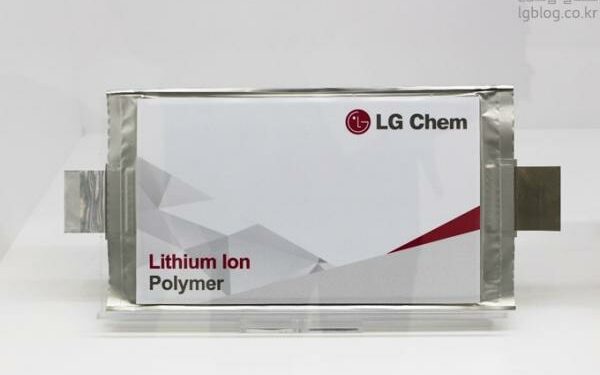SK Innovation has been stopped, in the US, from importing, making or selling its lithium-ion batteries that unlawfully rely on trade secrets owned by LG Energy Solution (LGES)— a subsidiary of LG Chem.
The ruling included a 10-year ban on the importation of lithium-ion battery cells, modules and packs containing intellectual property owned by LG Chem.
The decision was made by the U.S. International Trade Commission (ITC) following the two-year long case.
South Korean firm SK Innovation (SKI) and its subsidiary SK Battery America were determined to be in violation of section 337 of the Tariff Act.
Jong Hyun Kim, CEO of LG Energy Solution, said: “SKI’s total disregard of our warnings and intellectual property rights gave us no choice but to file this case and we are grateful to the International Trade Commission for protecting our innovations and significant economic investments in the United States.
“As a global leader and technology innovator, we will further strengthen the protection of intellectual property rights going forward.”
The ITC provided a limited exception to allow SKI to supply Ford with electric batteries for its EV F-150 pick-up trucks for four years and to Volkswagen for its MEB line for the North America Region for two years, after which the full force and effect of the exclusion and cease-and-desist orders will remain in place.
The order also allows for the repair or replacement of batteries for Kia vehicles sold by the date of the order and originally equipped with SKI batteries, as agreed by LGES and ITC staff.
SK Innovation, in a statement, said it regretted the ITC’s decision but was relieved it could ‘continue to supply to Ford and Volkswagen’.
A 60-day presidential review period is in place, during which US president Joe Biden could reverse the ruling, given his policies of increasing the number of electric vehicles and reducing vehicle emissions.
In 2019, SK Innovation broke ground on a $1.1 billion electric vehicle battery production plant in the US state of Georgia. The company aimed to have an annual production capacity of around 60GWh by 2022.
A statement by SKI, reported by news agency Reuters, read: “We have serious concerns about the commercial and operational implications of this decision for the future of our EV-battery facility in Commerce, Georgia.
“The ruling could have a serious adverse impact on President Biden’s policies to combat climate change and expand the electrification of the US auto fleet in coming years.”












